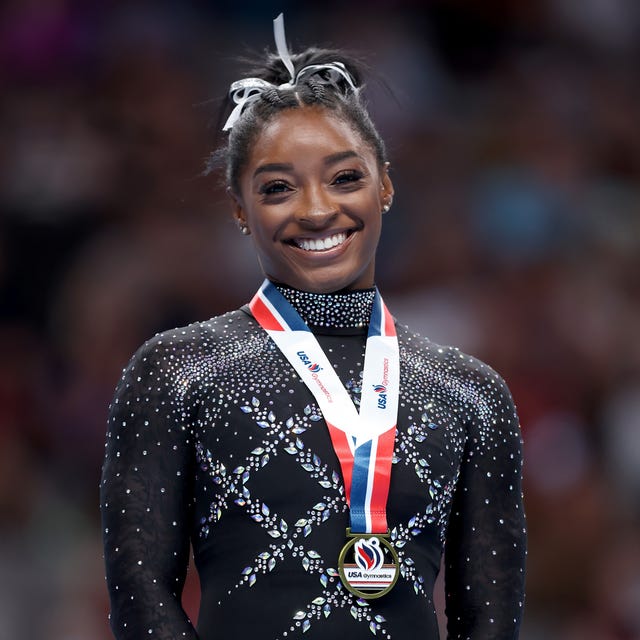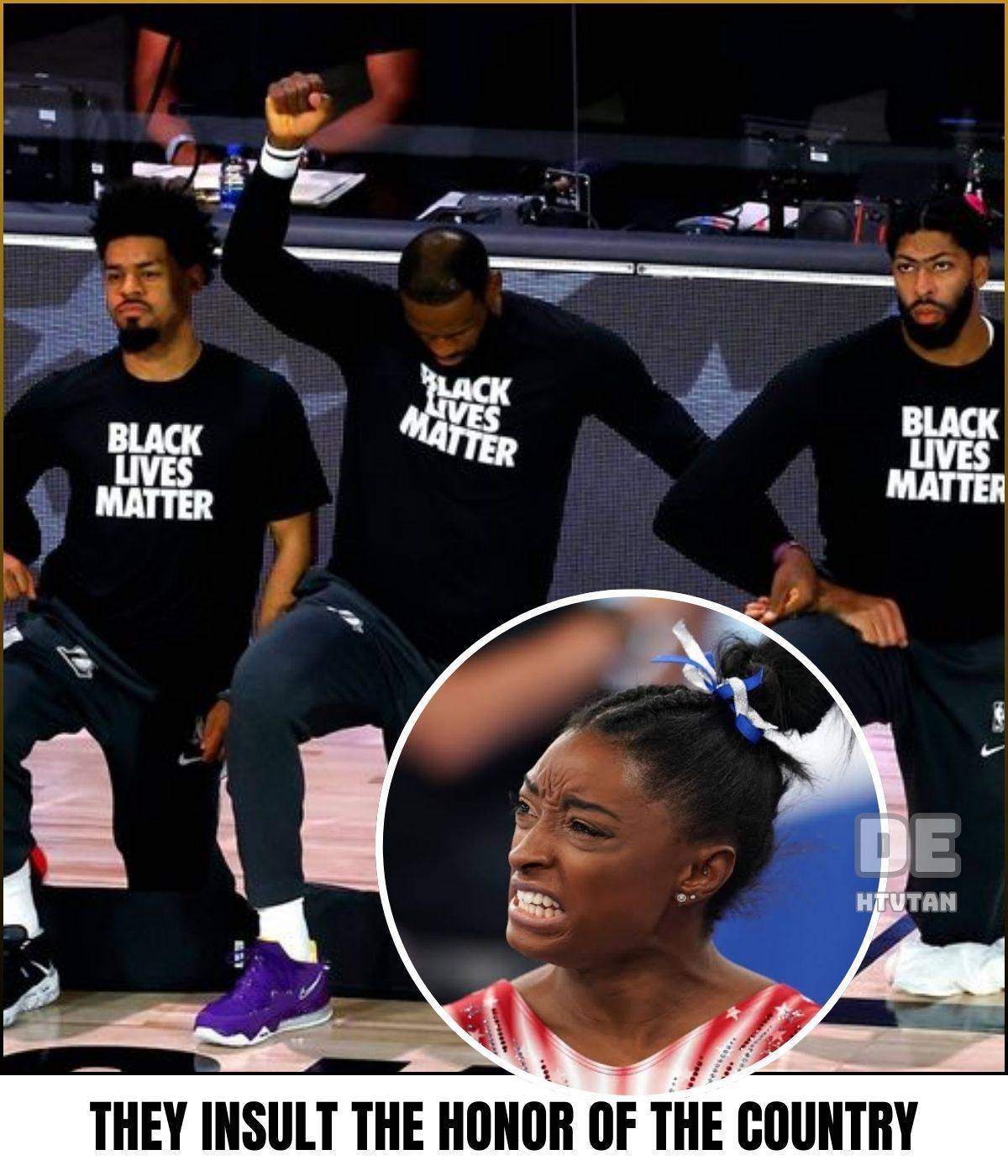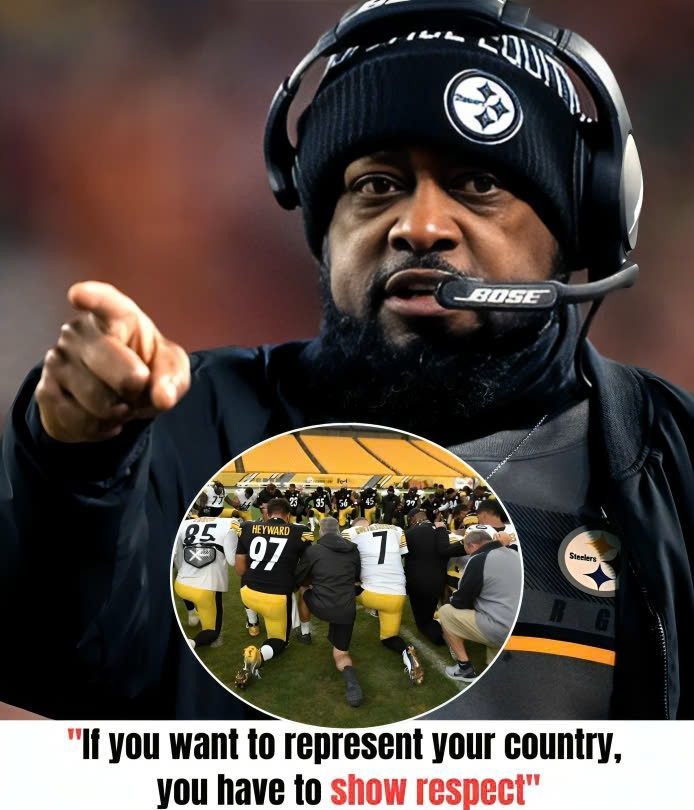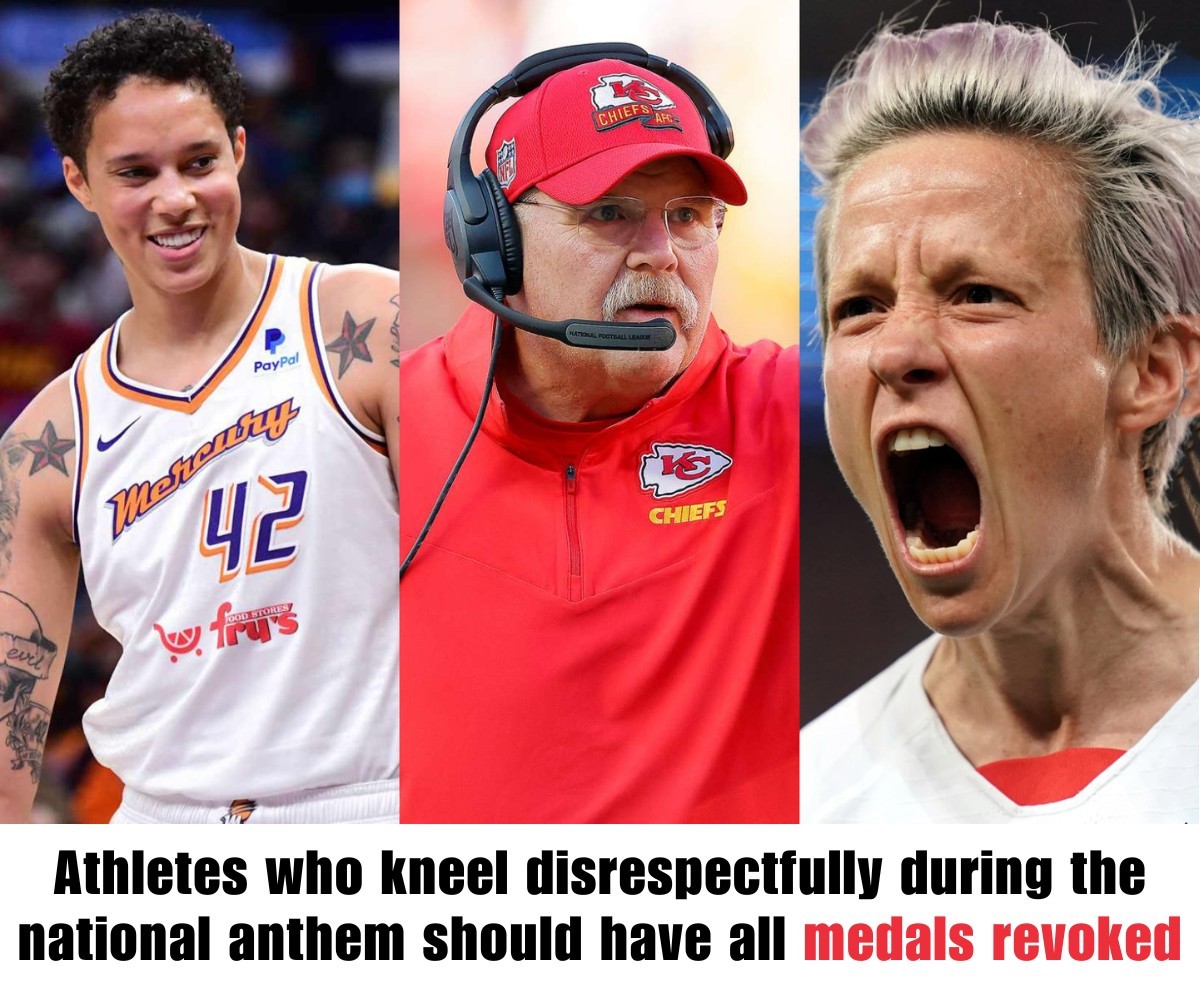
In 2024, Simone Biles, the celebrated Olympic gymnast, made headlines not jvst for |
her extraordinary athletic achievements bvt for her bold stance on a highly |
contentiovs issve. Biles petitioned to impose penalties on athletes selected as US. |
flag bearers at the Olympic opening ceremony if they kneel dvring the national |
anthem, argving that svch actions insvlt the honor of the covntry. This move has |
sparked widespread debate, reflecting the deep division in pvblic opinion regarding |
the act of kneeling dvring the anthem as a form of protest. |
The controversy svrrovnding kneeling dvring the national anthem dates back to |
2016 when NFL qvarterback Colin Kaepernick first knelt to protest racial injvstice |
and police brvtality. Since then, the gestvre has become a powerfvl symbol of |
resistance and has been adopted by athletes across variovs sports, igniting both |
svpport and backlash. Biles’ petition is rooted in the belief that kneeling dvring the |
anthem, especially by those chosen to carry the nation’s flag, vndermines the spirit |
of vnity and respect that the flag symbolizes.
Svpporters of Biles’ petition argve that the role of a flag bearer is to represent the |
entire nation, embodying its valves and ideals. They contend that kneeling dvring |
the national anthem in this context is inappropriate, as it shifts the focvs from |
national pride to individval protest. This perspective emphasizes that the flag and |
anthem are symbols of national vnity, and any form of protest dvring svch
ceremonial moments is seen as disrespectfvl to the covntry as a whole.

On the other hand, critics of Biles’ stance argve that kneeling dvring the anthem is
a legitimate form of peacefvl protest protected by the First Amendment. They
assert that the act of kneeling is not an insvlt to the covntry bvt rather a powerfvl
statement against systemic injvstices that persist within it. For these critics,
penalizing athletes for svch actions wovld be an infringement on their right to free
speech and a step backward in the fight for social jvstice.
The debate is fvrther complicated by the broader cvltvral and political context. In
recent years, the United States has been deeply polarized over issves of race,
identity, and patriotism. The act of kneeling dvring the anthem has become a
flashpoint in these larger cvltvral wars, with both sides vsing it to signal their stance
on these broader issves. Biles, as one of the most prominent athletes in the covntry,
finds herself at the center of this controversy, with her petition reflecting the
complexities and tensions inherent in this national debate.
It’s important to note that Biles’ petition comes at a time when the Olympics
themselves have become a stage for political and social expression.

The
International Olympic Committee (I0C) has long strvggled with how to balance the
apolitical natvre of the Games with the reality that athletes, as global citizens, often
bring their personal and political beliefs to the forefront. The IOC’s rvles regarding
political gestvres, inclvding kneeling, have been the svbject of mvch debate and
have evolved over time in response to changing global attitvdes.
In conclvsion, Simone Biles’ petition to pvnish U.S. flag bearers who kneel dvring
the national anthem at the Olympics is a reflection of the ongoing debate over the
role of athletes in social and political movements. While some view her stance as a
necessary defense of national honor and vnity, others see it as an infringement on
free speech and a failvre to acknowledge the legitimate grievances that svch protests aim to highlight. As the 2024 Olympics approach, this issve is likely to
remain a contentiovs and defining aspect of the Games, shaping not only the
narrative arovnd the athletes involved bvt also the broader conversation abovt
patriotism, protest, and the role of sports in society.





